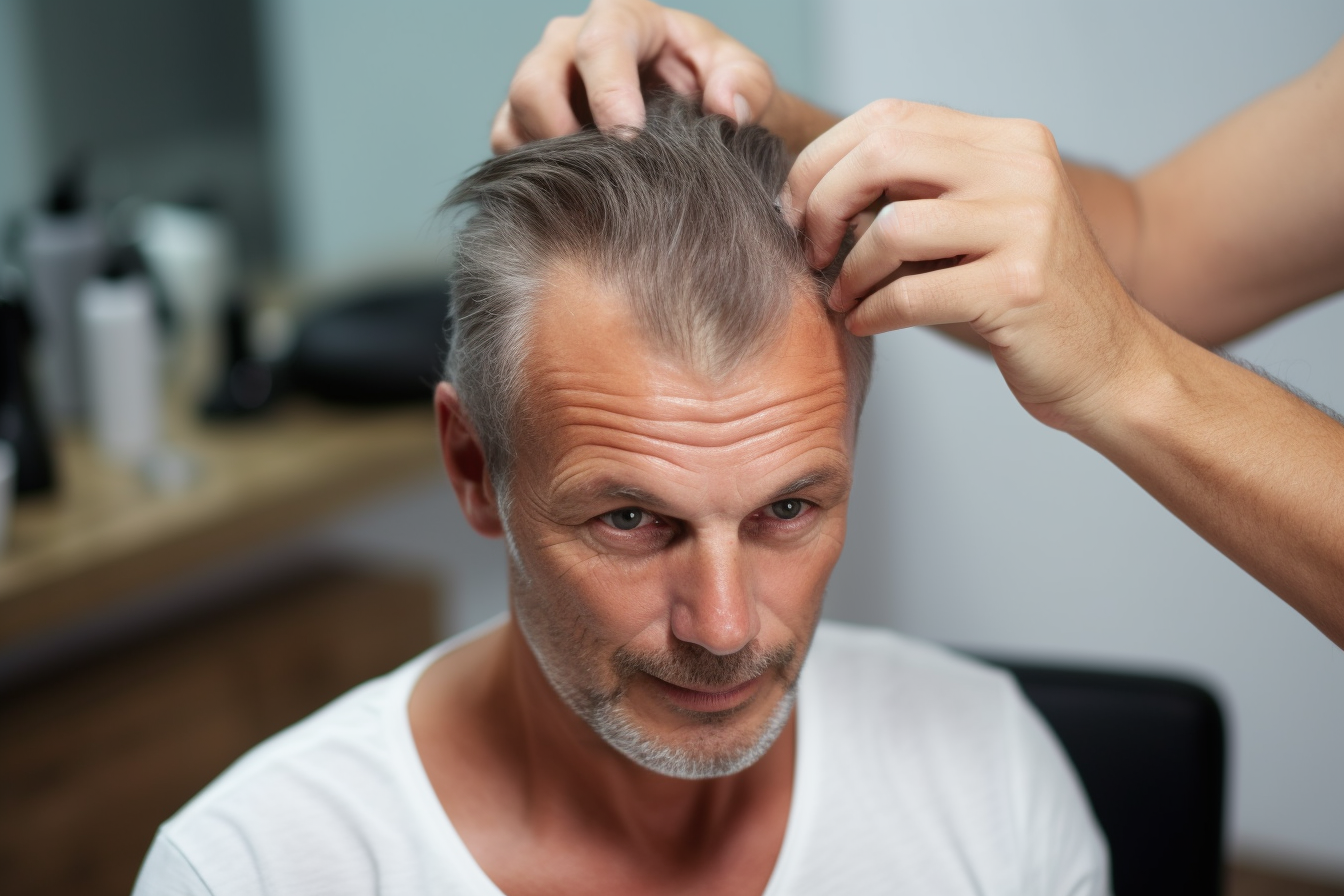Hairdresser Services for Seniors: Salon Hair Care Options
Providing hairdresser services for seniors blends practical styling with attention to comfort, health, and independence. Older adults often have different hair textures, scalp sensitivity, and mobility needs compared with younger clients, and salon visits can be planned to address those differences. This article outlines what to expect from salons and hairdressers who work with elderly clients, offers guidance on at-home hair care, and highlights accessibility and communication tips that help maintain dignity and routine for older adults.

Hairdresser services: what to expect
A hairdresser experienced with older clients typically offers gentler techniques and more time than a standard appointment. Expect services such as shorter, low-maintenance cuts, softer coloring options designed to minimize chemical exposure, careful blow-drying with lower heat, and scalp care that addresses dryness or thinning. Staff may allow extra breaks, provide neck supports, and use accessible sinks or portable basins. Clear communication about preferences, sensory sensitivities, or medication-related concerns helps the stylist adapt each step, ensuring the appointment feels safe and respectful.
Senior-specific needs and accessibility
Seniors often need physical accommodations and scheduling flexibility. Salons that offer wheelchair access, step-free entry, wider aisles, and adjustable salon chairs improve safety and comfort. Appointments earlier in the day can help clients with energy fluctuations or medication schedules. For those with limited mobility, many hairdressers provide home-visit services or partner with care facilities to offer on-site styling. Asking about available accommodations when booking helps match expectations and ensures staff are prepared to assist with transfers or additional support if required.
Elderly scalp and hair considerations
With age, hair can become finer, dryer, or sparser, and the scalp may be more sensitive. Hairdressers can recommend moisturizing shampoos and conditioners, gentle detangling methods, and combs that reduce breakage. Treatments such as mild scalp massage can support circulation and comfort, but any new treatment should consider underlying conditions like dermatological issues or circulation problems. Communicating about recent health changes and medications with the stylist—while keeping privacy in mind—can guide safer product choices and styling methods.
Hair care routines adapted for older adults
At-home hair care routines for elderly clients should prioritize simplicity and scalp health. Use sulfate-free or fragrance-light shampoos if the scalp is sensitive, condition mid-length to ends rather than the root to avoid greasiness, and brush gently with a wide-tooth comb or soft-bristle brush. Low-heat styling and air-drying reduce damage; when heat tools are used, choose lower temperature settings. If dexterity is limited, consider ergonomic or electric brushes, shampoos in pump bottles, and scheduling regular salon trims to keep styles manageable. Family or caregiver guidance on safe bathing and hair washing can preserve comfort and hygiene.
Salon choices and local services
Choosing the right salon involves checking staff experience with elderly clients and available local services. Look for salons that list senior-friendly services, home-visit options, or partnerships with assisted living facilities. Local community centers or directories may also recommend stylists who specialize in elderly hair care. When contacting salons in your area, ask about appointment length, accessibility, parking, and whether staff have training in dementia-friendly communication or working with mobility devices. A short consultation visit can reveal whether a salon’s environment suits an older client’s sensory and comfort needs.
This article is for informational purposes only and should not be considered medical advice. Please consult a qualified healthcare professional for personalized guidance and treatment.
Conclusion
Hairdresser services for seniors are most effective when they combine technical skill with sensitivity to mobility, sensory, and health-related needs. Whether visiting a salon or arranging an in-home appointment, clear communication about preferences, accessible facilities, and simple, scalp-friendly hair care routines can help older adults maintain personal style and comfort. Regular, adapted care supports self-esteem and daily routine without compromising safety or well-being.






